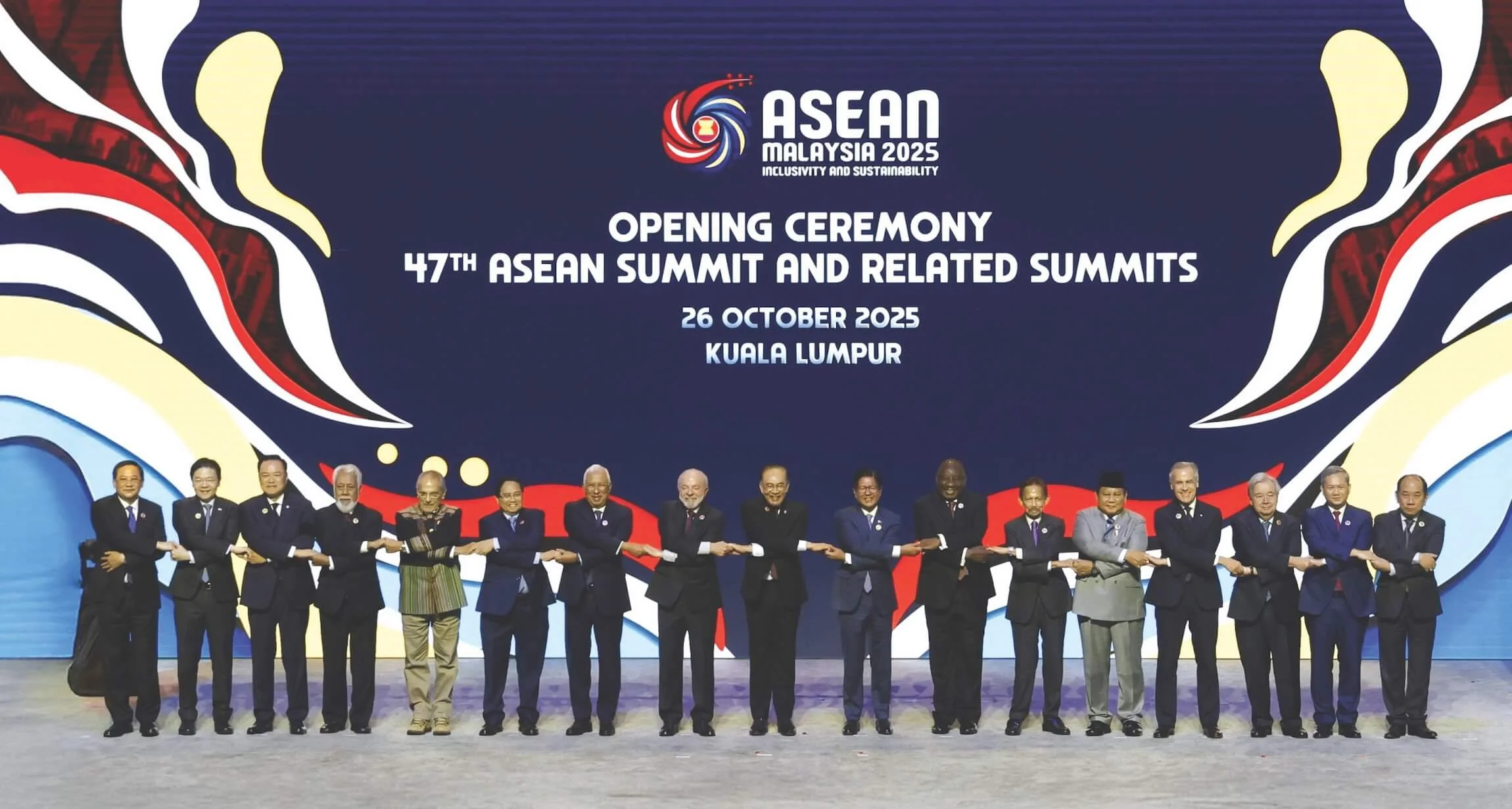GBA-ASEAN Initiative
The GBA-ASEAN Initiative (GAI), proposed by the UN Sustainable Development Solutions Network (SDSN), is an action-oriented program to strengthen trade, finance, technology, and policy linkages between the Greater Bay Area of China (GBA) and the Association of Southeast Asian Nations (ASEAN).
In the rapidly shifting global economic landscape, the dynamic economies of Asia must deepen their regional integration and trade to achieve continued rapid economic growth, technological innovation, and environmental sustainability.
China and ASEAN are strong trading partners within the Regional Comprehensive Economic Partnership (RCEP) and strong investment partners in the Belt and Road Initiative. This proposal aims to deepen those relationships for the mutual benefit of China, ASEAN, and the rest of the world economy.
Image Source: The ASEAN Magazine
Image Source: CGTN America
Why GAI
The Greater Bay Area of China (GBA), including Hong Kong, Macao, and the nine major cities of Guangdong, constitutes one of the world's great growth poles, and a crucial partner for ASEAN.
GBA hosts a unique combination of world leaders in international finance, cutting-edge technology, and advanced manufacturing facilities. With its 86 million citizens, an integrated GBA will profoundly benefit all of China and China's trade and finance partners in ASEAN.
A strong GBA-ASEAN partnership, building linkages through trade, technology, production, finance, culture, tourism, and higher education, will support the rapid development of the 10 countries of ASEAN and its 700 million population. In turn, the strong trade, finance, and production relations with ASEAN will be a major spur for the continued rapid growth of the GBA and China.
The GBA-ASEAN Initiative (GAI) will thus serve as a vehicle to support the rapid sustainable development of the RCEP region overall, with benefits extending not only to China and ASEAN but to the other RCEP members, including Japan, Korea, Australia, and New Zealand.
Why Participate
Business Opportunity
ASEAN economies are seeking greater trade, technology, finance, and production cooperation with China.
GBA’s technology and production capacities will support ASEAN in improving infrastructure, education, social governance, the transition to zero-carbon energy, and regional energy interconnections.
Financial Leverage
Hong Kong will scale up Renminbi-based and dollar-based finance and act as the leading finance corridor to connect China’s vast savings for BRI outward investments, both loans and foreign direct investment.
Geopolitical Opportunity
There is a remarkable convergence of views across Asia on the need to strengthen regional cooperation in trade, finance, technology, and policy in today’s rapidly changing global order.
Great Integration of GBA
Policy makers in GBA and Beijing recognize the benefits of stronger cooperation within the GBA to harness the comparative advantages of Hong Kong, Macao, and the major cities of the GBA.
The GAI will support practical and policy initiatives to create a more integrated, effective, and globally competitive GBA region.
How We Cooperate
Promote trade, financial, and infrastructure connectivity between the GBA and ASEAN
Facilitate strategic business engagements and political dialogue
Conduct intensive research across ASEAN and the GBA to generate policy recommendations aligned with the national development strategies of both China and ASEAN, including China’s 15th Five-Year Plan and ASEAN plans for economic and trade integration
Encourage joint reforms in ASEAN and the GBA to promote cross-border investments, capital market access, and Renminbi internationalization
Four Pillars of GAI
-
SDSN will launch the GBA-ASEAN Network, which includes key academic institutions, companies, think tanks, and organizations in ASEAN and China, including:
The Institute for International Affairs, Qianhai
CUHK Shenzhen
Sunway University (Kuala Lumpur)
HKU (Hong Kong)
PKU HSBC (Shenzhen)
Tsinghua University (Beijing).
-
SDSN will establish a GAI Leadership Council consisting of senior officials, business leaders, and scholars from the GBA, the ASEAN Secretariat, and the ASEAN countries.
The council will provide guidance to the GAI to promote regional development and long-term sustainable growth. -
An annual compendium of sector-specific pathways (e.g., energy, transport, finance), combining policy guidance, financing mechanisms, and replicable case studies to accelerate regional climate and sustainability transitions. It will include planning and analysis for the upcoming 15th Five-Year Plan as well as long-term scenarios for the GBA and ASEAN until 2050. The long-term scenarios will aim to provide a systematic road map for the regional energy system and long-term trade, technology, and value-chain integration.
Policy briefs for regional planning and energy transition, with blueprints for green growth, investment, and infrastructure transformation.
Annual GBA-ASEAN Sustainable Development Report with a Strategic Action Brief on National/Regional Plans to guide regional policy and collaboration that translate research into actionable policy and investment recommendations tailored to national/regional development agendas.
GBA-ASEAN Happiness Report as the basis for a platform visualizing key indicators across sustainability, economic cooperation, cultural exchange, and SDG alignment that empowers decision-makers with accessible data and stories of impact.
-
The GBA-ASEAN Conferences on Trade, Finance and Sustainable Development will be held twice a year: one in an ASEAN country on a rotating basis, and one in the Greater Bay Area, including Hong Kong, Shenzhen, and other locations.
The first GBA-ASEAN Conference will be held in Hong Kong (October 31, 2025) and Shenzhen (November 1, 2025), and the second in the spring of 2026.
Registration is now open. Please contact us if you are interested.




